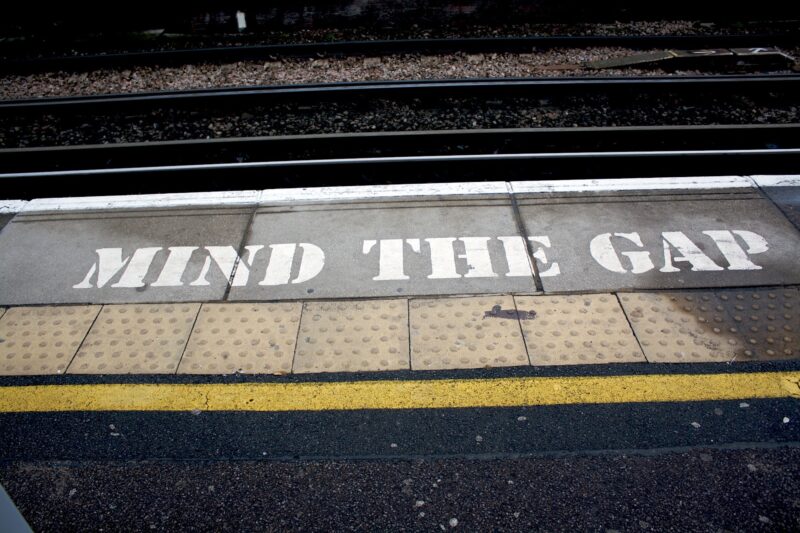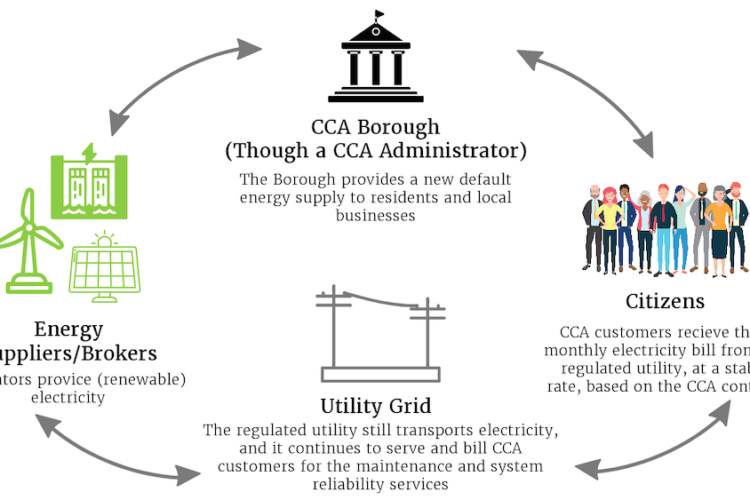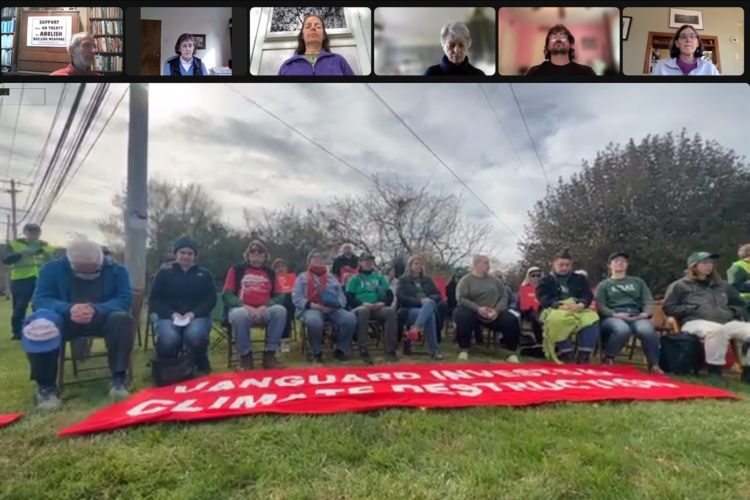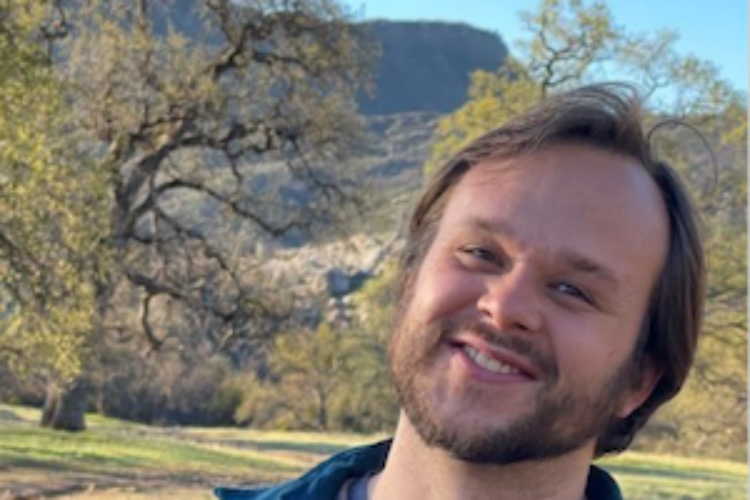Mind the Gap: Quaker Engagement at COP26

by Frank Granshaw and Annette Carter.
Our recent trip to Glasgow, Scotland for the UN climate conference for 2021 (COP26) involved a lot of travel by train. We had constant reminders to “Mind the gap when alighting the carriage.” This phrase felt very much in line with the genteel friendliness of the Scottish people we met. For the nearly 40,000 of us who went to Scotland in the fall of 2021, it also seemed a symbol for closing the gap between what is being done and what still needs to be done to rein in runaway climate change.
Given the unusual nature of the past two years, many of us hoped for a political tipping point where the nations of the world would finally commit to the massive change needed to ensure our collective survival. Unfortunately, what happened fell tragically short.
Despite this, there were surprises. Perhaps the brightest of these was the unprecedented degree to which grassroots groups in the UK were remotely involved in the conference. To understand why this is significant, consider the major groups that attend these conferences. First are the negotiators, working to craft agreements. Second are the staff who support the process.
Next, there are the official observers (like us) who witness and hopefully influence the negotiations. There are also the many unofficial observers who witness and influence from outside the conference. What was unprecedented with COP26 was the magnitude of this latter group. Unable to directly attend the conference, a broad collection of civic groups were connected virtually to the conference, often organizing their own local cultural and educational events as an extension of the official observer space. Particularly noteworthy is the role of Quakers in both the official and unofficial spaces.
Groups like Quaker Earthcare Witness, Friends World Committee on Consultation, and the Quaker United Nations Office were represented inside the conference space. Other groups (Quakers in Scotland and Quakers in Britain) were highly active supporting community climate events throughout the UK. Collectively these groups were instrumental in the following:
- Coordinating Quaker involvement in major public demonstrations during the conference,
- Speaking at interfaith panel events and building relationships with other faith groups,
- Speaking at other community events,
- Supporting side events like the People’s Summit,
- Organizing events to advocate for Climate Justice, and
- Organizing “quiet diplomacy” meetings with negotiators.
While COP26 began chaotically with concerns about equitable access and ended with a sense of too little having been done to deal with serious threats to human survival, it also came with powerful examples for how civil society can be more engaged with an issue that involves all of us. As we look at the road ahead, these examples provide models of something we must do if we hope to find effective and equitable solutions to the climate crisis—engage far more of us in a critical international process. The fact that so many Quakers were involved in the engagement that made this COP distinctive raises the question of how we as Quakers in other parts of the world can build on their experience. In doing so, three key questions arise.
How can we educate ourselves about the international process and find ways to participate in and influence it from a distance?
How can we bridge the gap between our local communities and what is happening at international conferences that will shape the legacy we leave to our children and grandchildren?
How can we recognize local efforts that are similar to international efforts that we can build on and grow?
Frank Granshaw and Annette Carter are both members of the Multnomah Monthly Meeting of the Religious Society of Friends in Portland Oregon and have been observer delegates to three UN Climate Conferences (the last two as observers with QEW).


